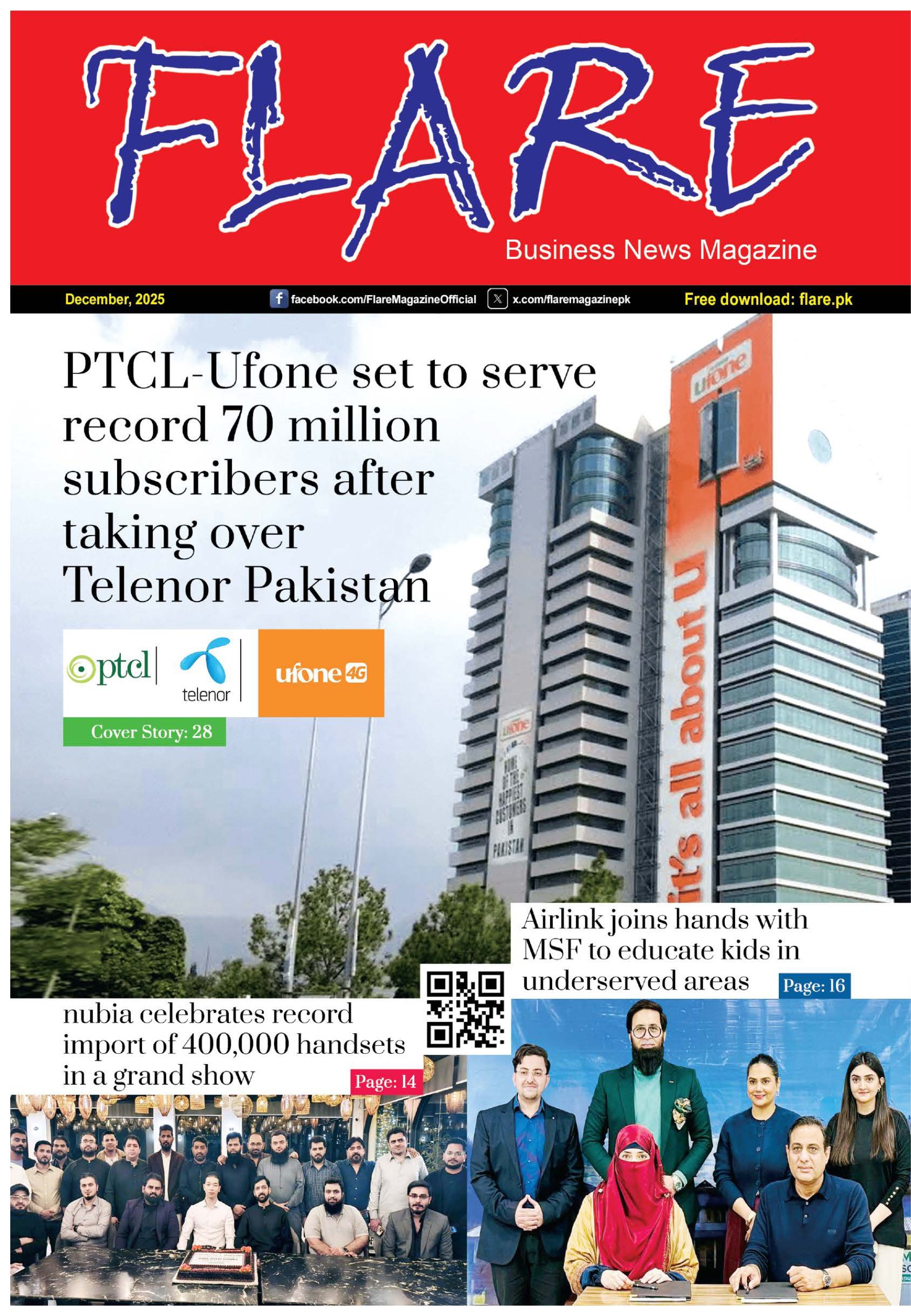Sound distortion during calls is one of the most frustrating problems for Vivo users. When the voice breaks, echoes, or becomes unclear, even a short conversation feels difficult. This issue occurs on many Vivo models, and it can affect both normal calls and VoIP apps like WhatsApp, Messenger, or IMO. The good news is that most of the time, the problem is fixable at home without technical help.
Vivo phones rely on multiple audio components, including the microphone, earpiece speaker, network signal, and software. If even one of these doesn’t work properly, call audio quality becomes poor. Understanding the exact cause helps you fix the issue faster and avoid it in the future.
In many cases, the distortion is temporary and related to dust, weak network strength, outdated software, or wrong sound settings. By learning the right troubleshooting steps, you can bring your call quality back to normal and enjoy clear conversations again.
Common Causes of Sound Distortion in Vivo Phones
Sound distortion usually appears when your device faces interference in its audio system. Sometimes the communication channel becomes unstable, and the phone fails to produce clean audio. Poor signal, blocked speaker grills, and software glitches are some of the most frequent triggers.
Another overlooked cause is third-party apps that modify audio. Some apps accidentally change sound processing settings, which leads to muffled or crackling sound. If your phone recently updated or installed new apps, the distortion may have started after those changes.
Hardware-related problems such as dust buildup in the microphone or ear speaker also affect clarity. Pakistan’s climate, especially dusty areas, often contributes to blocked audio components.
Before assuming a fault in the device, it is important to go through each cause carefully and check where the issue is coming from.
How to Fix Vivo Sound Distortion in Calls
1. Clean the Earpiece and Microphone
Dust and lint restrict sound flow, making audio unclear. Gently clean the earpiece area with a soft brush or unused toothbrush. Do the same for the microphone holes. Avoid using sharp objects as they can damage the mesh.
If you use a protective case or screen protector, make sure it is not blocking the earpiece opening.
- Disable Noise Reduction Temporarily
Vivo phones use noise reduction technology to cancel background sound. Sometimes this feature overwrites and distorts the voice.
To check:
Open Phone Settings
Find Call/Noise Cancellation options
Turn it off for testing
If call quality improves, keep it disabled or switch to another sound profile.
- Restart the Phone to Clear Temporary Glitches
A simple restart refreshes the audio modules and resets internal processes. This instantly fixes issues caused by software conflicts or temporary bugs.
Restart your Vivo device and make a test call to see if clarity improves.
- Check Network Strength and Switch to 4G/5G
Weak mobile signals are one of the biggest reasons for distorted audio. Even if your phone is working fine, a poor network leads to broken or robotic sound.
Switch between 4G and 5G to test stability. If you are indoors, move near a window or open area to check if the distortion goes away.
- Update Your Vivo System Software
Vivo regularly releases patches for audio improvements. An outdated system creates compatibility issues, especially with new apps and calling platforms.
To update:
Go to Settings
Tap System Update
Install the latest version
Your phone may restart, and audio may feel noticeably better afterward.
- Reset Sound Settings
Custom sound changes can interfere with call clarity. Resetting audio settings returns everything to default without deleting personal data.
Open Settings and look for Sound or Audio Reset options. After resetting, listen to the call quality again.
- Test the Phone Without Earphones or Bluetooth
Bluetooth devices sometimes reduce call clarity due to interference or codec limitations. Disconnect all wireless accessories and make a normal call.
If sound distortion disappears, the issue is with your earphones or Bluetooth connection, not the phone.
- Remove Recently Installed Audio Apps
Apps that control sound (equalizers, call recorders, voice changers) interfere with Vivo’s audio processing. If the distortion started after installing such apps, uninstall them.
Restart the phone and make another call to confirm improvement.
- Try the Built-In Vivo Hardware Test
Vivo phones include a hardware diagnosis tool that helps detect audio problems.
Search for “Hardware Test” or “Checkup” in settings or use the Vivo iManager app. Test the speaker, microphone, and other sound components to find faults.
- Factory Reset Only if Necessary
If none of the above methods work and the distortion continues, a factory reset may be required to eliminate deep software issues.
Backup your data before resetting. After the reset, test call quality before reinstalling all apps.
When to Visit a Vivo Service Center
If the problem continues even after following all troubleshooting steps, your phone may have a hardware issue. Common hardware faults include:
Earpiece speaker damage
Microphone malfunction
Moisture inside the device
Internal audio IC problems
A certified Vivo service center can diagnose and repair these components. Avoid using roadside repair shops unless you fully trust their skills, as audio components are delicate.
How to Prevent Sound Distortion in the Future
Keeping your phone clean and updated helps prevent most audio problems. Avoid exposing the phone to moisture, loud environments, or accidental falls. Use original accessories to maintain stable sound and avoid overheating during long calls.
Regularly clearing cached data, restarting the phone weekly, and using a stable mobile network also keeps call quality smooth.
Maintaining simple care habits ensures your Vivo device continues to deliver clear audio on every call, giving you a better communication experience without interruptions.



